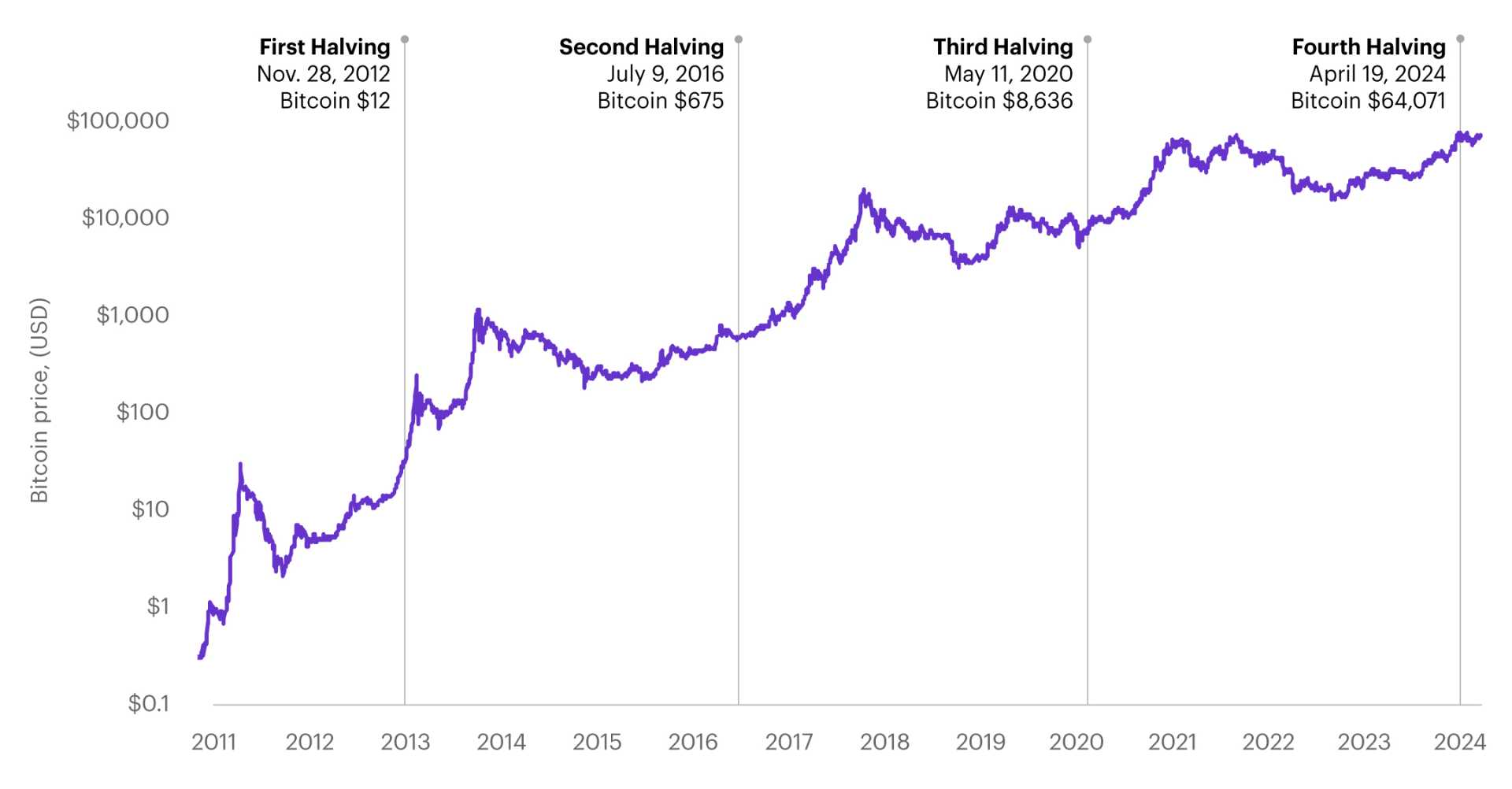Business
Bitcoin Hits $120,000 Amid Renewed Political Support in the U.S.

WASHINGTON, D.C. — Bitcoin‘s price has reached an all-time high of $120,000, buoyed by U.S. President Donald Trump‘s recent support for cryptocurrencies. This surge has kept Bitcoin and other cryptocurrencies in the global spotlight.
As Bitcoin gains momentum, the demand for a deeper understanding of the cryptocurrency landscape has grown. While many know Bitcoin as a digital currency, its underlying concepts can be confusing. Key terms like ETFs, blockchains, and cold wallets often accompany discussions about these digital assets.
Bitcoin operates on a decentralized network, meaning it is not controlled by any central authority, which has garnered enthusiasm from those advocating for financial freedom. However, this decentralization also contributes to its extreme price volatility, where its value shifts rapidly based on market demand.
President Trump has pledged to establish the U.S. as the “crypto capital of the world,” shortly after he changed his stance on Bitcoin, previously labeling it a “scam.” This new support coincided with a historic price milestone in December 2024 when Bitcoin first topped $100,000.
The rise to $120,000 occurred just as lawmakers began preparing to discuss regulations for digital assets. However, the cryptocurrency market remains unpredictable, with Bitcoin’s price capable of significant fluctuations.
Underpinning Bitcoin’s functionality is blockchain technology, a virtual ledger that records all cryptocurrency transactions. Transactions are verified by independent volunteers, known as miners, who are incentivized with Bitcoin rewards.
Bitcoin is limited in supply, capped at 21 million coins, with most already mined. This leads to periodic “halving” events, which reduce the rewards for miners, the most recent of which took place on April 20, 2024, lowering the reward from 6.25 to 3.125 bitcoins.
Crypto exchanges serve as platforms for buying and selling cryptocurrencies, similar to traditional stock exchanges. Investors can trade currencies like Bitcoin and Ethereum, often incurring transaction fees.
Investors typically store their cryptocurrencies in digital wallets. Hot wallets provide quick access online, while cold wallets, which store currency offline, offer more security but less convenience.
In addition to Bitcoin, other cryptocurrencies like Ethereum and XRP have emerged, each with unique attributes and use cases. Ethereum supports a broader ecosystem of applications and digital assets, while XRP is designed for fast, low-cost financial transactions.
The world of cryptocurrency continues to evolve rapidly, and as interest surges, it raises questions about its role in the future of finance.












